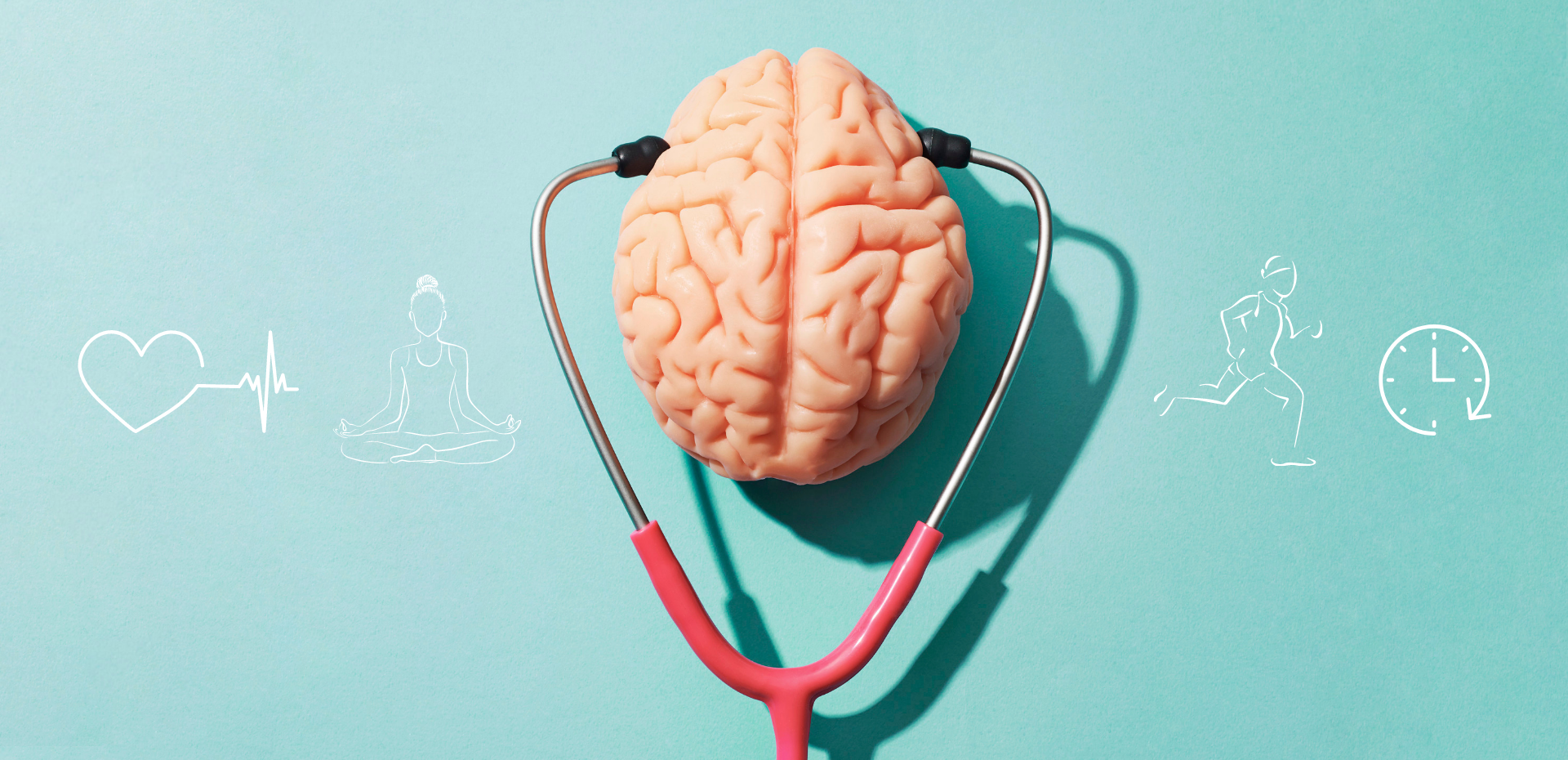The pillar of wellness: tips and advice for maintaining your mental health

THE PILLAR OF WELLNESS
Tips and advice for maintaining your mental health
Anxiety acts on four different aspects of humans: body, thoughts, emotions and behaviors. By remaining attentive to changes that may occur in your behavior or other people’s behavior close to you, it is possible to address the problem and use various tools that can help in the short, medium and long term in order to find solutions. As Mental Health Week is taking place from May 3 to 9, 2021, let’s keep in mind that it is important to reach out for help and use tools at your disposal to ensure your well-being.
Whether it is in a sporting or work context or any other context, taking care of yourself will reduce your daily stress, increase your concentration and your energy level.
Seven concrete actions shared by Amélie Soulard, Mental Performance consultant and Psychologist at INS Québec, to ensure good psychological health, rekindle motivation and move forward in a positive way:
1. Explore your emotional reactions and take care of your psychological health;
2. Show empathy and compassion towards yourself and others;
3. Explore your perceptions and interpretations of the current situation;
4. Allow yourself to dream;
5. Remind yourself your strength, enjoyments and what you have control;
6. Be inspired by models of resilience;
7. Promote recovery and take care of yourself.
How to take care of yourself in a training context?
Sport and physical activity inevitably have a positive impact on mental health. However, the high-level sporting context can also sometimes bring its share of stressors that can have an impact on mental health. This is why it is important to find your personal life balance in order to maintain good physical and mental health, as well as keeping up with your performance.
“Well-being and mental health should not be seen as parallel spheres of performance that we have to try to integrate, but rather prerequisites for performance. It is important to always be on the lookout for our well-being, as this will have an impact on all other spheres.”, explains Sophie Brassard, Game Plan Advisor.
The power of emotions
Even if you try to block or ignore a memory or a thought, the emotion remains, sometimes the emotion can even grow and become omnipresent, until it has your attention. In fact, capturing your attention is part of the job of emotions. A single emotion can even cause physical changes. It’s the fear that makes your heart rate rise, the disgust that makes you gag, the sadness that makes you cry. A aching ligament or joint, or a sticking nerve can be signs that inform you to look into your physical health. So what are you waiting for? Listen to your emotions, they are sending you signals!
How to find a balance and reduce your anxiety?
Anxiety disorders are among the most common mental illnesses in Canada. There are several things you can do to reduce anxiety, including using resources in psychology, mental preparation, guidance as well as trying different tools by writing them down in order to learn more about your areas of comfort and discomfort.
Or, you can just start with the following tips and advice:
Planning and organization
- Surround yourself with trustworthy people who can be counted on in times of need;
- Learn to delegate and accept help from others;
- Organize and plan tasks by identifying priorities;
- Write down on paper the list of tasks to be delivered in short, medium, and long term by identifying the due dates.
Optimization of personal well-being
- Engage in physical activities;
- Schedule a relaxation activity: meditate, do yoga, etc.
- Adopt healthy lifestyle habits;
- Plan activities or practice hobbies that bring you joy;
- Breathe calmly and deeply;
- Become aware of your inner speech and remain attentive to your feelings, emotions and reactions;
- Learn and accept to live with a certain amount of unknown and uncertainty.


